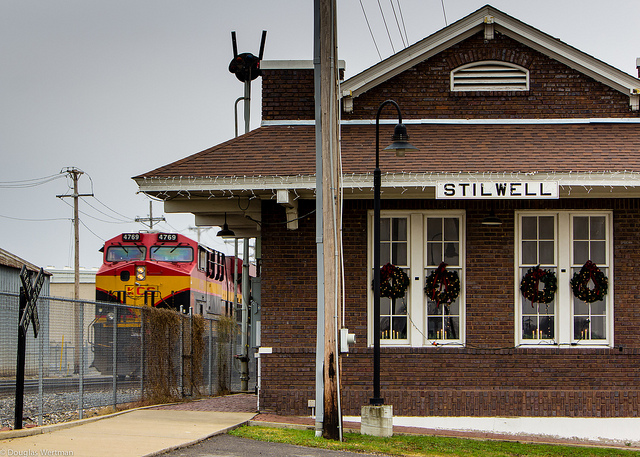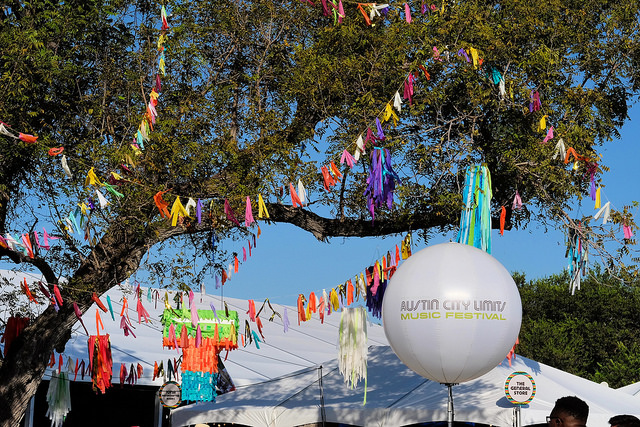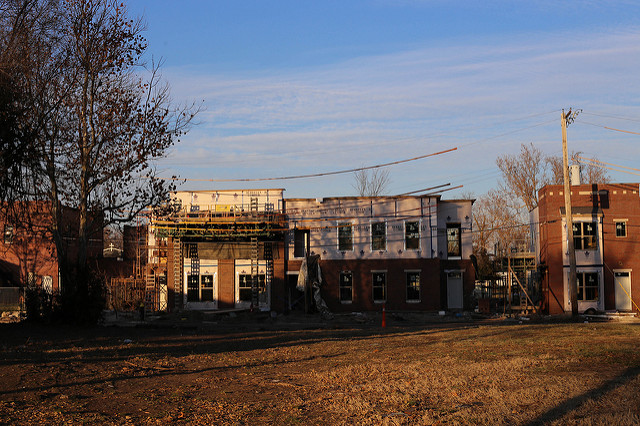Unfortunately, in the US for most people there are only a limited number of temporary work visa options. These are based on an employer petitioning for entry of highly skilled workers on an non-immigrant visa.
Topical:
US Immigration News
Items tagged with "US Immigration News":
There are continuing concerns about the difficulties in obtaining L-1B intracompany transfer visas for specialized knowledge level employees. It has been difficult at times to be able to meet the requirements for the L-1B because of uncertainties about what actually qualifies as a specialized knowledge level employee. Another popular type of visa the H-1B non-immigrant visa for graduate level specialty workers run out almost as soon as they become available at the beginning of April each year. It is therefore important to consider alternatives.
L-2 non-immigrant dependent visa holders who are traveling to the US without their L-1A or L-1B visa spouse/parent are reportedly being placed in 'secondary inspection' by US Customs and Border Protection (CBP). Secondary inspection is the process whereby a CBP officer will direct a person, or persons, to an interview area if they wish to carry out further checks. The CBP officer may ask additional questions and ask for more documentation from the L-2 dependent visa holder.
US immigration has scrapped the additional fee of $2,250 for an L-1 visa and the $2,000 fee for an H-1B visa paid by larger employers with a high percentage of overseas workers; this fee was considered discriminatory as it mainly affected Indian IT companies. Commonly referred to as an 'outsourcing fee', Indian businesses were particularly vocal in their opposition about the charges saying it had a major impact on their ability to do business in the US.
The entry period for the DV-2017 green card lottery started on 1 October 2015. The closing date is 3 November, 2015.
Almost 100,000 more Russians took part in the 2015 U.S. green card lottery than in the 2012 lottery, according to U.S. Embassy spokesman Will Stevens.
A report published in the New York Times claims that Toy 'R' Us has used the H-1B visa system to facilitate the layoff of US workers, employ foreign workers and ultimately send job roles overseas. The H-1B visa is a temporary visa program that permits US employers to recruit foreign professionals usually with at least a bachelor's degree to work in "specialty occupations"





